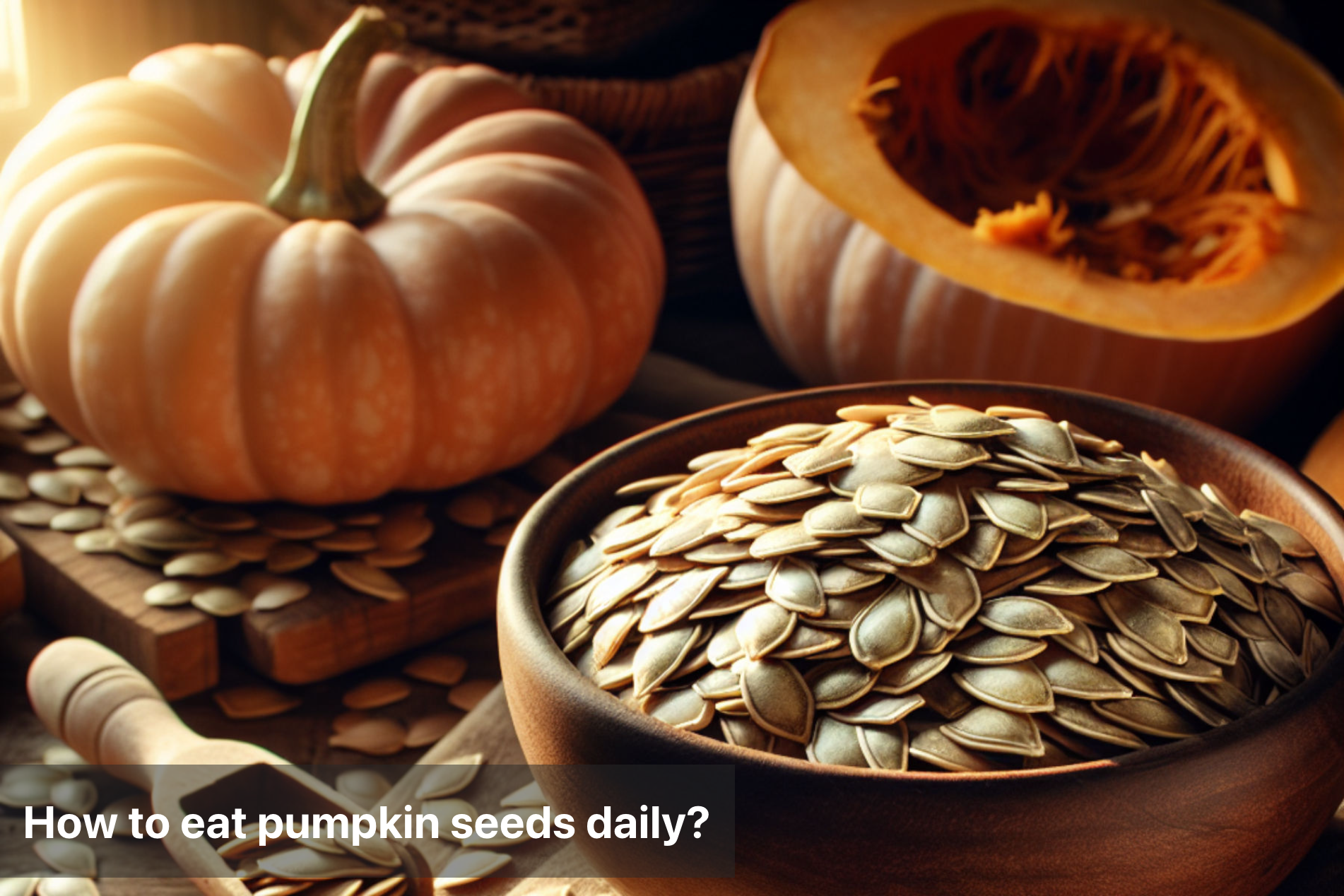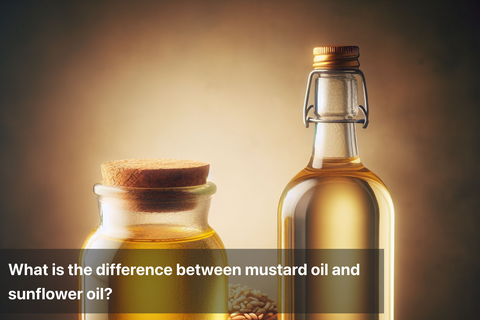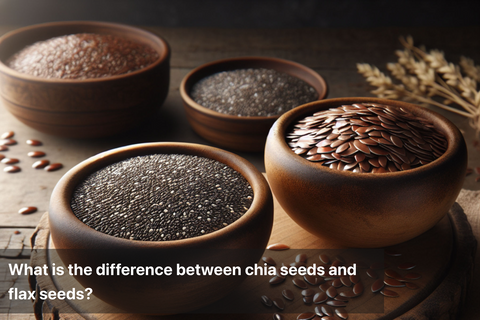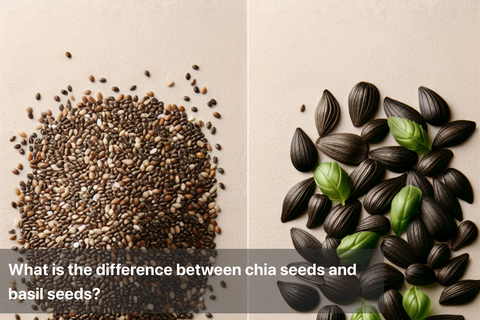
How to eat pumpkin seeds daily?
Pumpkin seeds, also known as pepitas, are small, flat seeds packed with a wealth of nutritional benefits. They are rich in essential nutrients such as magnesium, zinc, iron, and protein. Moreover, these seeds are a great source of antioxidants, which help combat oxidative stress in our bodies. Regular consumption of pumpkin seeds contributes to heart health, supports immune function, and may improve sleep quality due to their high content of tryptophan.
Incorporating pumpkin seeds into your daily diet is simple. You can enjoy them raw, roasted, or sprinkled on various dishes. Blend them into smoothies for a nutty flavor or toss them into salads for extra texture. You can even use them as a topping for soups or incorporate them into baking recipes, such as bread.
With their mild flavor, pumpkin seeds are versatile and can complement both sweet and savory dishes. By making them part of your routine, you not only benefit from their nutrients but also elevate the overall taste and healthfulness of your meals. Embrace pumpkin seeds as a staple; your body will thank you!

Nutritional Profile of Pumpkin Seeds
Nutrient |
Amount per 28g (1 oz) |
|---|---|
Calories |
151 kcal |
Protein |
7 grams |
Fat |
13 grams |
Carbohydrates |
5 grams |
Vitamin K |
3.4 mcg (4% DV) |
Vitamin E |
0.6 mg (3% DV) |
Folate |
19 mcg (5% DV) |
Magnesium |
168 mg (42% DV) |
Potassium |
228 mg |
Phosphorus |
332 mg |
Health Benefits of Daily Pumpkin Seed Consumption
Rich in Antioxidants: Pumpkin seeds contain antioxidants like vitamin E and carotenoids that help fight free radicals, reducing inflammation and protecting cells.
Boosts Immunity: Zinc is vital for immune function, and regular pumpkin seed consumption can enhance the body's defense against infections.
Supports Heart Health: The healthy fats, magnesium, and zinc in pumpkin seeds can help lower blood pressure and improve cholesterol levels, promoting a healthy heart.
Improves Sleep Quality: The high magnesium content in pumpkin seeds helps regulate sleep patterns and can improve sleep quality.
Promotes Prostate Health: Studies suggest that pumpkin seeds may help reduce symptoms of benign prostatic hyperplasia (BPH) and support overall prostate health in men.
Ways to Incorporate Pumpkin Seeds into Your Daily Diet
Stir-Fry or Grain Bowls: Toss pumpkin seeds into stir-fries, grain bowls, or quinoa dishes for extra crunch and nutrition.
Soups or Stews: Garnish your soups or stews with roasted pumpkin seeds for added flavor and texture.
Energy Balls: Make homemade energy balls by combining pumpkin seeds with oats, honey, nut butter, and dried fruits.
As a Snack: Simply eat them raw or roasted as a healthy, filling snack throughout the day.
Nut Butter Spread: Grind pumpkin seeds into a homemade seed butter and spread it on toast or crackers for a tasty, nutrient-packed snack.
Smoothie Bowls: Top your smoothie bowls with pumpkin seeds, chia seeds, and other fruits for a satisfying and nutritious meal.
Best Times to Eat Pumpkin Seeds
Morning Boost: Starting your day with pumpkin seeds can provide lasting energy. Adding them to your breakfast, such as yogurt or oatmeal, offers a protein boost and healthy fats that can keep you satisfied throughout the morning.
Pre-Workout Snack: Consuming pumpkin seeds before exercising gives you a quick source of energy. Rich in magnesium, they may help improve muscle function. A small handful can be a light snack that won’t weigh you down but will fuel your workout.
Post-Workout Recovery: After a workout, your body needs nutrients to recover. Including pumpkin seeds in your post-exercise meal or smoothie can help replenish lost minerals. Their protein content aids muscle repair, making them a great addition to your recovery routine.
Afternoon Snack: If you find yourself feeling sluggish mid-afternoon, nibbling on pumpkin seeds can be a nutritious pick-me-up. They're easy to carry and can help you overcome that energy dip without resorting to junk food.
Dinner Topping: Enhance your meals by sprinkling pumpkin seeds on salads or soups. This adds a delightful crunch and elevates the nutritional profile of your meals.

Transform Your Diet with Nutrient-Rich Pumpkin Seeds
Pumpkin seeds stand out as a nutritious and versatile addition to your daily diet. They are packed with essential nutrients like magnesium, zinc, and healthy fats, which contribute to overall well-being. Adding pumpkin seeds to your meals can enhance both flavor and nutrition.
You can easily incorporate them into various recipes. For instance, sprinkle them on salads or blend them into smoothies for an extra crunch and boost of nutrition. Many people ask how to eat pumpkin seeds daily, and the answer lies in creativity. You can consume them as a healthy snack, mix them into yogurt, or use them as topping on oatmeal.
Moreover, their health benefits are significant. Regular consumption can support heart health, boost immunity, and aid in weight management. It’s more than just a trend; it's about making mindful choices for better health.
If you haven’t yet included pumpkin seeds in your routine, now's the perfect time to start. Remember, incorporating small changes leads to big results. Embrace this nutritional powerhouse and explore various ways of how to eat pumpkin seeds. Your body will thank you for it!
This Blog post is an initiative by Lo! Foods, to provide accurate and Nutritionist / Doctor approved information related to Health. Lo! Foods is India's leading brand for Everyday Functional Foods. Foods designed for specific Health conditions or Needs. Lo! Foods also runs India's largest range of Low Carb Healthy Cloud Kitchens, under the brand names of Lo!, ProteinChef, ATH (All Things Healthy) and DiabeSmart.













Leave a comment
Your email address will not be published.